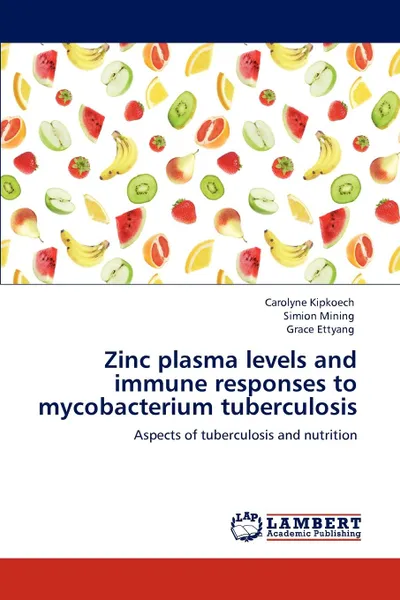Zinc Plasma Levels and Immune Responses to Mycobacterium Tuberculosis 12+
104 страницы
Категория: Литература на иностранных языках
ISBN: 9783846553176
Язык: Английский
📙 Tuberculosis is gaining a lot of concerns today with the world shifting focus to it control as captured in the millennium development goals. The control of the disease will be achieved through a multifaceted strategy focusing on all stages of the disease. The starting point will be to devise ways of reducing the chances of contracting the disease. Understanding the differences between the populations that have contracted the diseases and those who have not but leaving under the same environmental conditions provides such clues. Neutrophils play a critical role in the acute phase before the development of acquired immunity specifically directed against the pathogen. The earliest response to the invasion of tissue by mycobacterium is primarily an influx of neutrophils. Neutrophils exhibit the typical early bactericidal responses, such as phagocytosis, generation of reactive oxygen intermediates (ROI), exocytosis of specific granules, and ultimately killing of mycobacterium. The types of food differ among races, nations, tribes or communities. This means that while some food types which are common in a population may supply enough of some nutrients, some nutrients could be deficient.
Мнения
